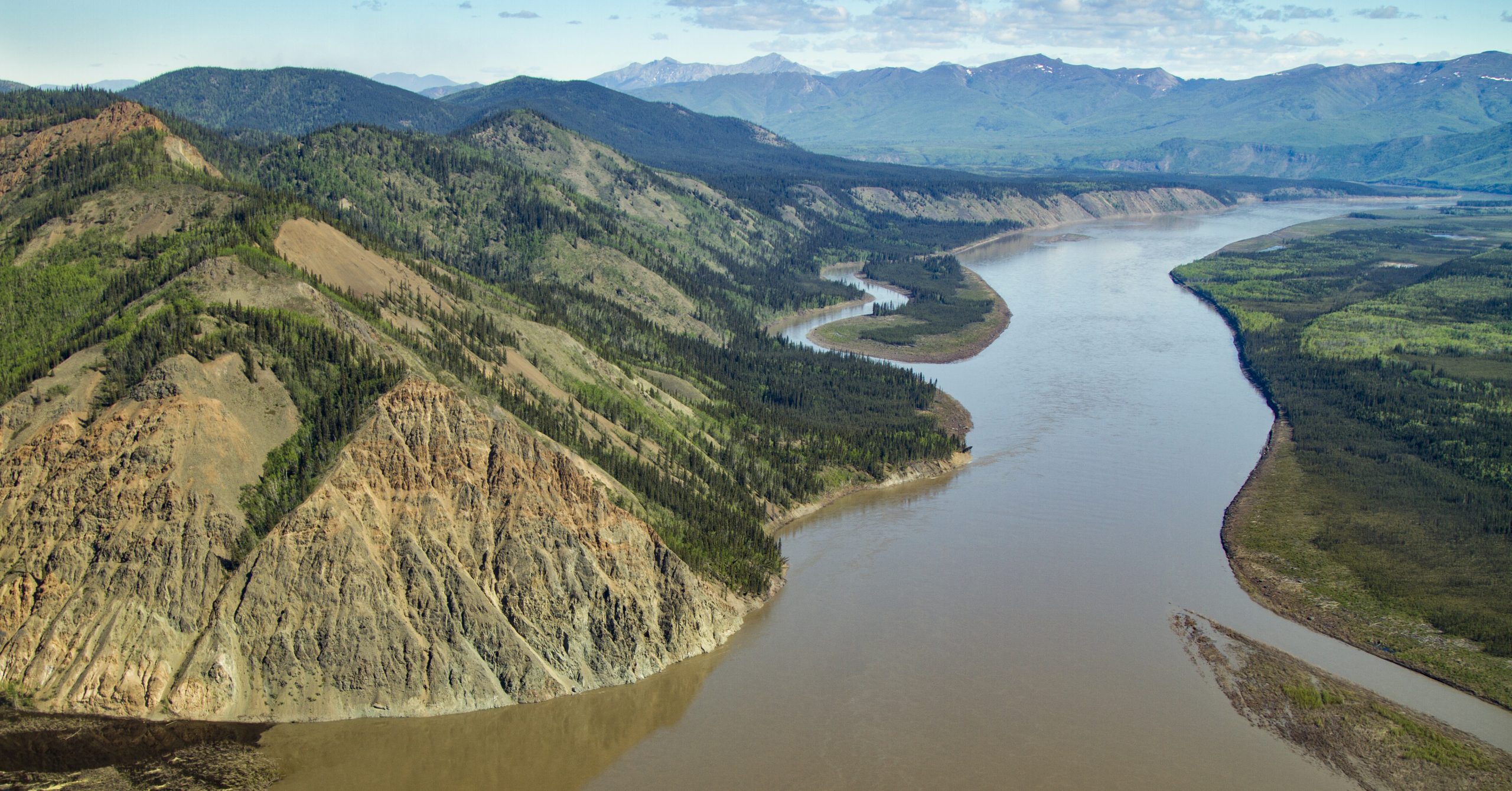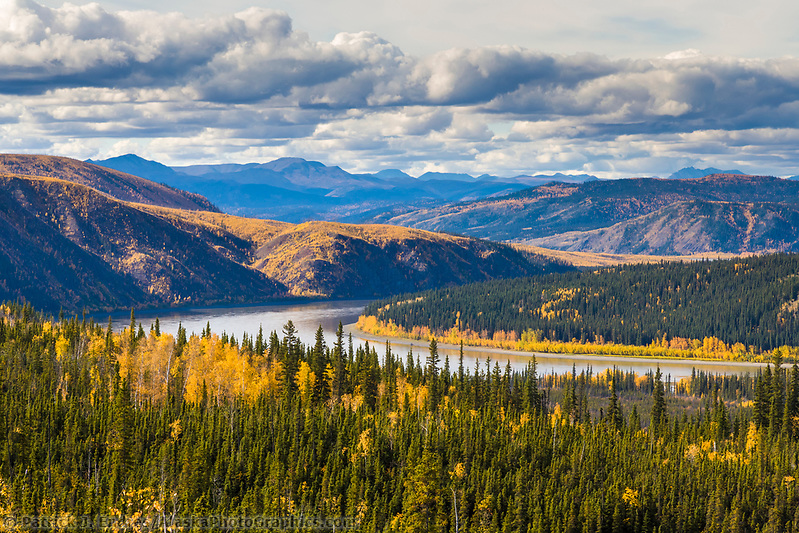Yukon River

The Yukon River, a lifeline coursing through the pristine landscapes of Alaska and Canada, is not merely a waterway; it’s a conduit of culture, history, and tradition. In this immersive journey, we delve into the cultural significance of the Yukon River, exploring the tales it tells, the traditions it carries, and the communities it has shaped over the centuries. Join us on a voyage through time as we unravel the layers of cultural richness that define the Yukon River.
1. Indigenous Heritage: The Heartbeat of the Yukon
First Nations Connection:
Long before modern maps, the First Nations people navigated the Yukon River, establishing a profound connection with its waters. Explore the rich indigenous heritage that is deeply embedded in the river’s currents, shaping the spiritual, cultural, and economic practices of the Yukon’s original custodians.
The River as a Cultural Compass:
For the indigenous communities along the Yukon, the river was not just a means of transportation; it was a cultural compass guiding their way of life. Dive into the significance of the river in their spiritual beliefs, storytelling traditions, and the sustenance it provided to their communities.
2. Klondike Gold Rush and Cultural Intersections:
Impact of the Gold Rush:
The Klondike Gold Rush of the late 19th century brought a wave of fortune-seekers to the Yukon River, transforming its banks and altering the cultural landscape. Explore the intersections of indigenous traditions with the cultural diversity brought by prospectors from around the world.
Cultural Exchange Along the Riverbanks:
As communities sprang up along the riverbanks, a melting pot of cultures emerged. The exchange of ideas, traditions, and languages created a unique cultural tapestry, leaving an indelible mark on the Yukon’s identity.
3. River Towns and Cultural Hubs:
Whitehorse: Gateway to Yukon’s Culture:
Whitehorse, the capital of Yukon, stands as a gateway to the region’s cultural vibrancy. Discover how this city along the Yukon River has evolved into a cultural hub, hosting festivals, art exhibitions, and preserving the heritage of the river communities.
Dawson City: Echoes of the Past:
Dawson City, with its well-preserved historic sites, echoes the cultural legacy of the Klondike era. Immerse yourself in the charm of Dawson City as we explore its role in shaping the cultural narrative of the Yukon River.

4. Cultural Preservation and Indigenous Renaissance:
Revitalization of Indigenous Languages:
In recent decades, there has been a concerted effort to revitalize and preserve indigenous languages along the Yukon. Learn about the initiatives that aim to ensure the survival of these linguistic treasures, passing them down to future generations.
Cultural Centers and Museums:
Cultural centers and museums dedicated to the Yukon’s heritage have become custodians of the region’s cultural wealth. Explore how these institutions showcase artifacts, artworks, and stories that encapsulate the essence of the River’s cultural significance.
5. Environmental Wisdom and Cultural Harmony:
The Yukon River Ecosystem:
The cultural importance of the Yukon River extends beyond human communities to encompass the entire ecosystem. Delve into the indigenous wisdom that emphasizes the interconnectedness of cultural practices with the river’s flora, fauna, and environmental rhythms.
Community-Led Conservation Initiatives:
Communities along the Yukon River actively participate in environmental conservation, reflecting a cultural ethos of stewardship. Explore how these efforts contribute to the preservation of not just the cultural heritage but also the natural splendor of the Yukon.
6. Cultural Diversity Along the Yukon:
Diverse Indigenous Cultures:
The Yukon River is home to a myriad of indigenous cultures, each with its own unique traditions and practices. From the Athabascan to the Inupiaq, explore the diversity of indigenous cultures that thrive along the banks of the Yukon.
Multicultural Influences in Arts and Music:
Arts and music have become mediums for cultural expression along the River. From traditional dances to contemporary art forms, witness the fusion of multicultural influences that enrich the artistic landscape of the region.
7. Contemporary Cultural Expressions:
Yukon’s Artistic Renaissance:
The Yukon is experiencing an artistic renaissance, with local artists drawing inspiration from their cultural heritage. Explore the work of contemporary artists shaping the visual, performing, and literary arts scene along the River.
Culinary Adventures Along the Riverbanks:
Cuisine becomes a cultural expression along the Yukon, with a fusion of indigenous, international, and local flavors. Delight in the culinary adventures along the riverbanks, reflecting the diverse cultural influences that converge in the Yukon’s kitchens.
Conclusion: A Living Tapestry
As we navigate the gentle currents of the Yukon River, we discover more than a watercourse – we encounter a living tapestry woven with threads of cultural richness. The Yukon River is one of the principal rivers of northwest North America, and the largest river in the Pacific Northwest of North America, the Columbia River The Yukon is not just a geographical feature; it’s a testament to the enduring spirit of the communities that have shaped its banks and the diverse cultures that call it home.
Know More about Yukon River.
What are The Religious Places of Yukon River?
When Did The Yukon River Basin Become a Focus?
Where is The Yukon River Located?
Who Were The Key Historical Figures and Civilizations of The Yukon River?
How to Reach Yukon River?




